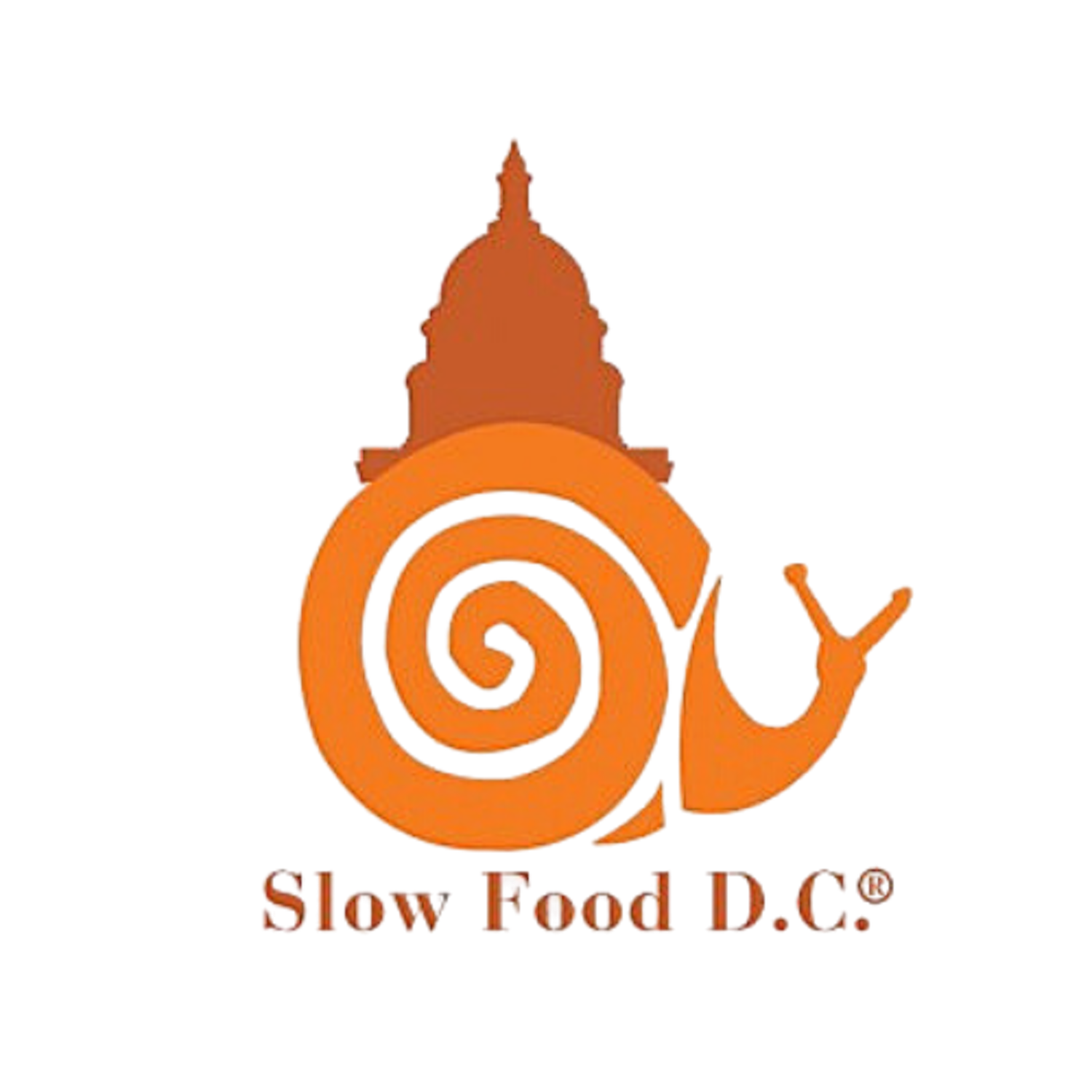Recap: Rooting DC 2011, Feb 19th
One great way to ensure you have good, clean, fair food is to grow your own. That’s maybe a Slow Food twist on what was in essence the DIY ethos of the recent Rooting DC 2011 Conference. Held Saturday, February 19th in the Calvin Coolidge Senior High School in the DC neighborhood of Brightwood NW, the annual Rooting DC conference brought together hundreds of locals concerned about the way our food is produced.Hosted by DC's Field to Fork Network, Rooting DC is an annual conference featuring workshops, lectures, and how-tos related to the role of gardens and agriculture in our communities. Sponsored by the America the Beautiful Fund and donations made by attendees, the event was attended by nearly 500 aspiring and seasoned food activists, gardeners, and others interested in the topic of alternative food practice and production. Included was an information fair where dozens of small businesses, co-ops, non-profits and grassroots organizations fielded questions and handed out literature (and many seed packets!). A few of us Slow Foodies attended, bringing membership information to hand out. We also had a sign up sheet that got us a slew of possible new members.The event got off to a roaring start when Gordon Clark of Montgomery Victory Gardens gave an impassioned keynote talk on why growing your own food is essential to freedom. In it, he described the key characteristics of our current mainstream food production system: how it has replaced diversity with monoculture, shifted from the work of humans to that of machines, abandoned free solar energy for fossil fuels and gave up the nutrient cycle, natural pest and natural weed control to be replaced with artificial fertilizers, pesticides and herbicides. There was much in his talk that reminded me of the core tenets of the slow food movement, especially when he referenced the Gandhi quote “there is more to life than just increasing its speed.”With the outside winds also roaring, (quite audibly and a bit disconcertingly) participants chose among local organization and expert led workshops on such topics as beekeeping, guerrilla gardening, seed saving, and extending harvests into four seasons. I’d like to give a shout out to one of our members, Ibti, who co-led a workshop on canning for beginners. There were activities for kids and at least one workshop held in Spanish. For me the highlight was the last workshop I attended, Community Brainstorm: Building a Healthy & Hunger Free DC. In it, a coalition of local hunger & food activists held a brainstorming session on the way we get to a DC where “residents had access to healthy, affordable, and culturally appropriate food.” While the session may have been too brief to flesh out all the ideas presented, we were assured it was only the beginning of many more discussions about building food security in the District of Columbia.If you’d like to know more, just let me, Rich, know in the comments below or find more information, including a list of Partners, Speakers and many photos on the Rooting DC site.
